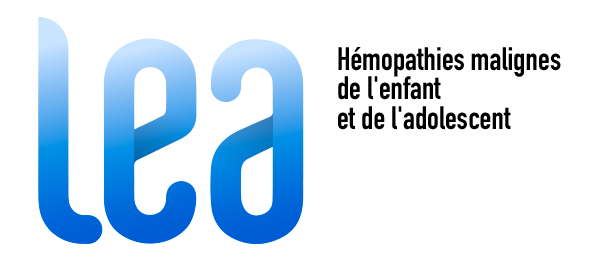Julie Berbis, Céline Reggio, Gérard Michel, Pascal Chastagner, Yves Bertrand, Justyna Kanold, Nicolas Sirvent, Dominique Plantaz, André Baruchel, Marie-Dominique Tabone, Floriane Garnier, Marie-Pascale Lehucher-Michel and Pascal Auquier.
J Cancer Surviv. 2016 Dec;10(6):1058-1066.
https://pubmed.ncbi.nlm.nih.gov/27185246/
Purpose
Our principal aim was to assess the occupational outcomes of French survivors of childhood leukemia, compared to national population. The secondary objective was to identify determinants linked with employment stability after childhood leukemia.
Methods
All survivors aged 15 and over enrolled in the French LEA Cohort (Childhood and Adolescent Leukemia) were included. Occupational data were self-reported. The occupational distributions expected in the cohort for each age range were established based on the distribution in France as reference, and comparisons between observed and expected distributions were performed. Logistic regression model was used to explore determinants of stability of survivors’ employment.
Results
The questionnaire was completed by 845 eligible survivors (response rate 87.8 %), with a mean age of 22.3 ± 5.4 years and a mean follow-up duration of 14.3 ± 6.3 years. Among the 361 survivors currently in the labor market, 36 (10.0 %) were seeking a job, which is significantly lower than expected (19.3 %) compared to French population. Conversely, among those currently employed, the number of survivors in unstable employment (43.9 %) was significantly higher than expected (33.5 %). Younger age and higher number of late effects were risk factors for unstable employment.
Conclusions
While the employment rate of the young French adult population of childhood leukemia survivors seems rather positive, access to a steady job appears to be compromised for some survivors.
Implications for cancer survivors: A strategy to better identify particular subgroups of survivors at greatest risk for difficulties in their professional achievement will help ensure the development of specific intervention strategies and support procedures.
Keywords: Adult survivors; Childhood leukemia survivors; Employment; Late effects; Stability of work contract.

